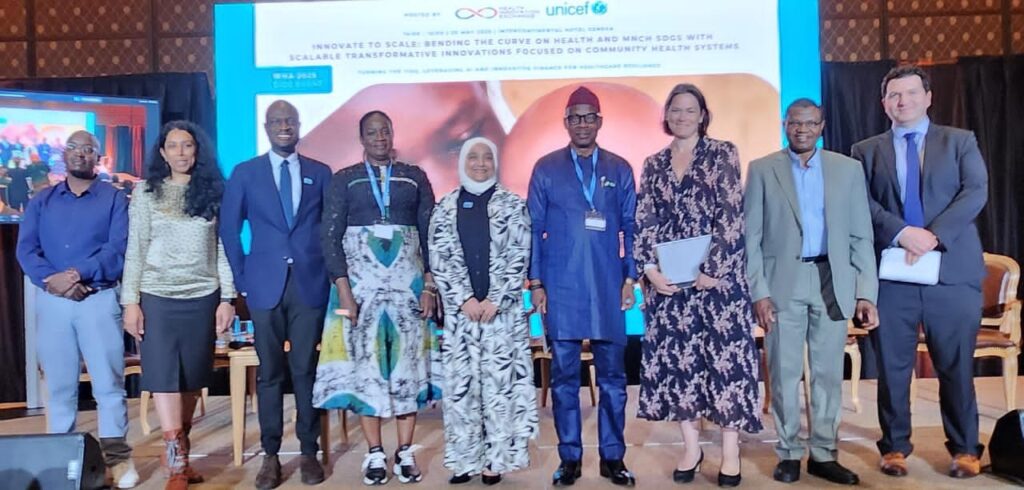From Atiku Sarki, Abuja
The Honourable Minister of State for Health and Social Welfare, Dr. Iziaq Adekunle Salako, has reaffirmed the vital leadership role of medical doctors in Nigeria’s healthcare system, stressing that the profession must remain at the forefront of health service delivery in line with global best practices and historical precedent
During an official visit to the Nigerian Medical Association (NMA) Secretariat headquarters in Abuja recently, Dr. Salako highlighted the foundational structure of Nigeria’s health system, which mirrors the British colonial model that places doctors as key leaders in healthcare delivery.
“Patients come to hospitals primarily to see doctors,” he said. “They do interact with other professionals, but doctors are central. Globally, doctors are positioned to provide leadership, and Nigeria must not be an exception.”
Acknowledging the challenges of leading in a multi-professional environment, Dr. Salako emphasized that leadership demands vision, sacrifice, and continuous improvement.
“If you’re not ahead as a leader, you lose the leadership position,” he warned, urging Nigerian doctors to rise to the occasion and continually enhance their leadership capacities.
He praised the resilience and patriotism of doctors who have chosen to remain in Nigeria despite the allure of better opportunities abroad. “I proudly call myself a homeboy,” he said. “I appreciate all of you who have chosen to stay behind and grow our country because we have no other country.”
Dr. Salako drew a broader historical parallel, linking the ongoing exodus of Nigerian health professionals to a legacy of exploitation beginning with slavery and colonization. He criticized modern brain drain as a form of neo-colonialism that deprives Nigeria of its skilled workforce.
In his welcome remarks, the President of the Nigerian Medical Association (NMA), Dr. Audu Bala, praised the Minister’s visit as a clear sign of the government’s commitment to health sector reforms under President Bola Ahmed Tinubu’s “Renewed Hope Agenda.”
“This visit reflects the seriousness with which the Minister and the President regard the health sector and the grassroots workforce responsible for delivering quality healthcare to all Nigerians,” Dr. Bala said.
He highlighted recent policy initiatives aimed at reversing brain drain, including the implementation of a health workforce retention strategy and the doubling of medical training capacity in tertiary institutions.
“These policies could position Nigeria as a major exporter of health professionals, benefiting both our healthcare system and economy,” he added.
Dr. Bala also pointed to government efforts to revitalize the health value chain and boost local pharmaceutical production. He emphasized the importance of Nigeria tapping into the global health economy, which he described as a “multi-trillion-dollar sector.”
“When properly harnessed, these policies could reduce medical tourism, increase local healthcare access, and position Nigeria as a regional health hub,” he said.
Both leaders agreed that strengthening Nigeria’s healthcare system requires a coordinated effort from government, health professionals, and society.
They pledged ongoing collaboration to ensure the sector not only meets national needs but also contributes significantly to the country’s economic development.
Dr. Salako’s visit is part of his ongoing engagements with parastatals, agencies, and professional associations under the Ministry of Health and Social Welfare.


